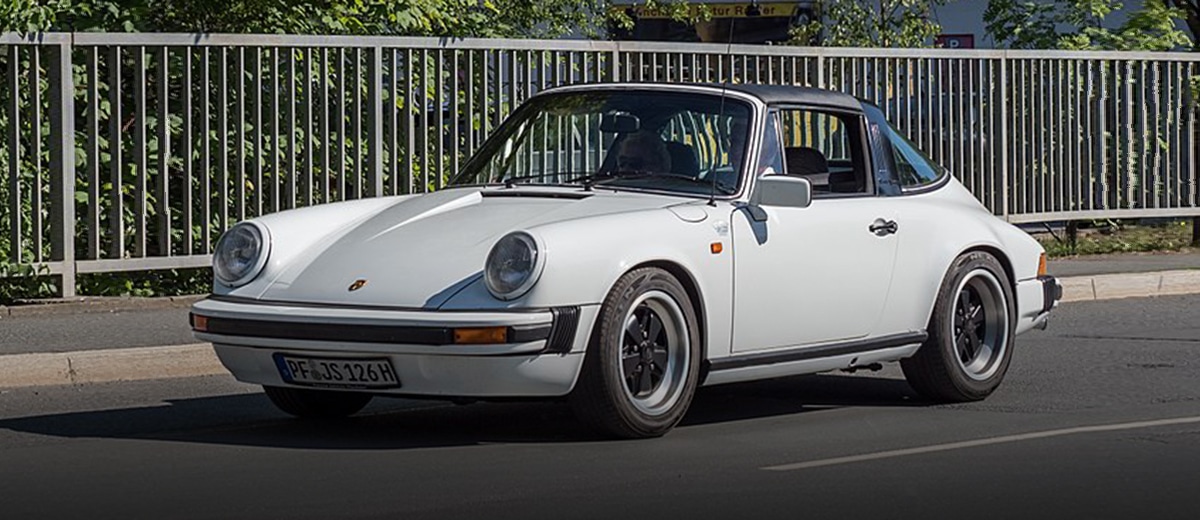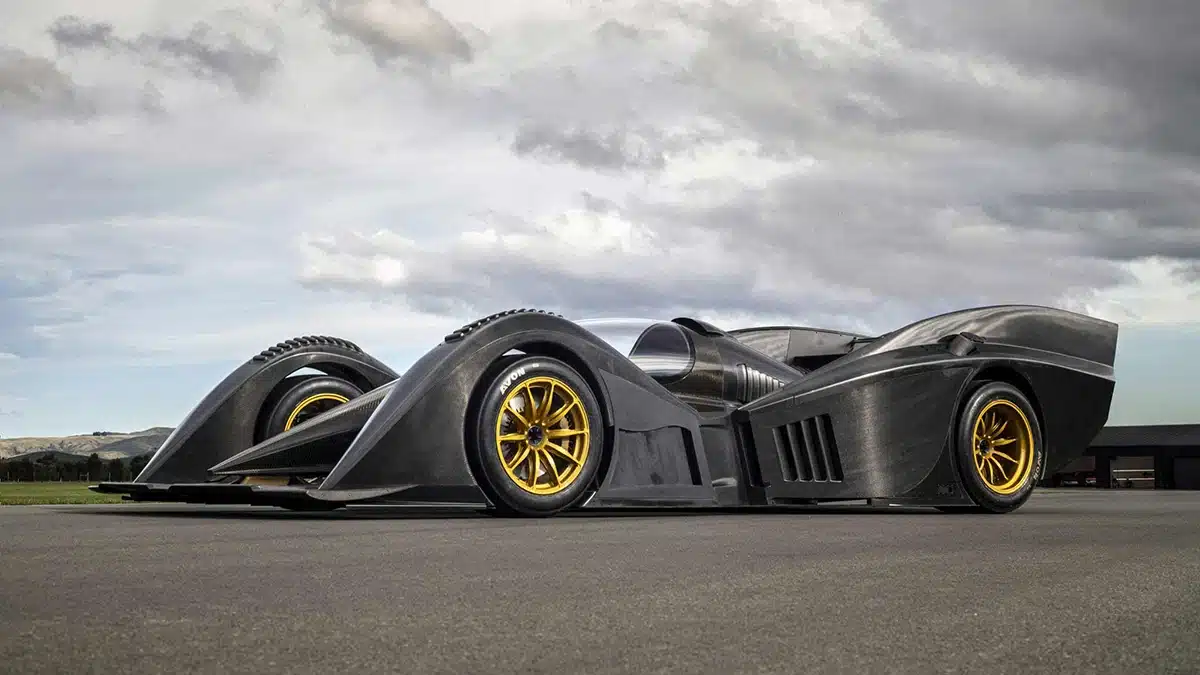What kind of running costs can be expected with a classic Porsche 911?
Owning a classic Porsche 911 is a dream for many and with some models being available for what seems like a great bargain, it can be a huge temptation to dive in and make a compulsive purchase. However, these low hanging fruit may not be as “cheap” as you initially thought thanks to expensive repairs, rare parts and questionable reliability. We’re here to discuss some of the costs of running a classic Porsche 911 from the 70s, 80s or 90s and what kind of costs you can expect to incur as an owner of one of the most iconic sports cars to ever exist.
Before buying
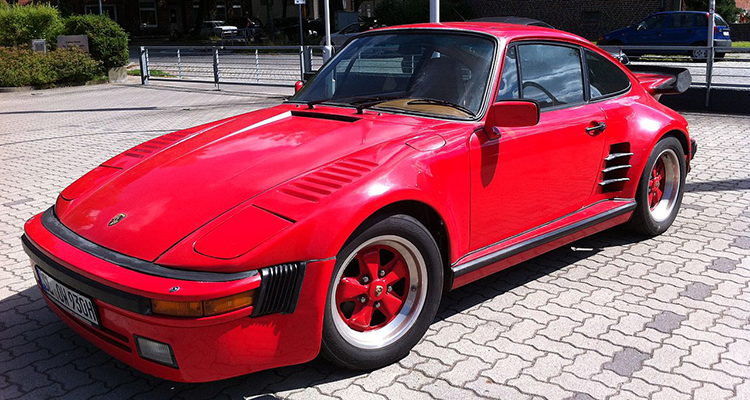
If you’ve already dived right in and purchased a classic 911 then you’ll want to skip to the next step of praying there are no hidden faults in it. Also, if you’re looking for a reputable insurer for your classic, head on over to our friends at Peter Best Insurance Services for the best classic car insurance available.
On the other hand, if you’re yet to buy a classic Porsche 911 then it’s time to talk about the most important step in the whole process: buying the right car.
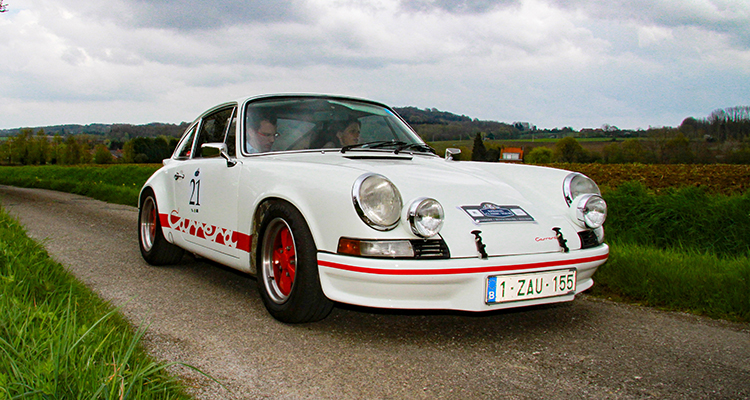
Before forking out thousands on a car we advise spending a little money in hiring an expert’s help. Whether it be a specialist mechanic, bodyworks professional or even a classic car tradesman, you need to have someone with some experience and knowledge on what to look out for by your side when viewing these cars.
For example, only an expert would know that a 996 is known for having an engine part that can fail without warning and destroy the rest of the engine in the process. If you buy one and realise further down the line that there’s a problem with the engine or an infestation of rust and you’ll be paying out thousands of pounds for something that could’ve been avoided.
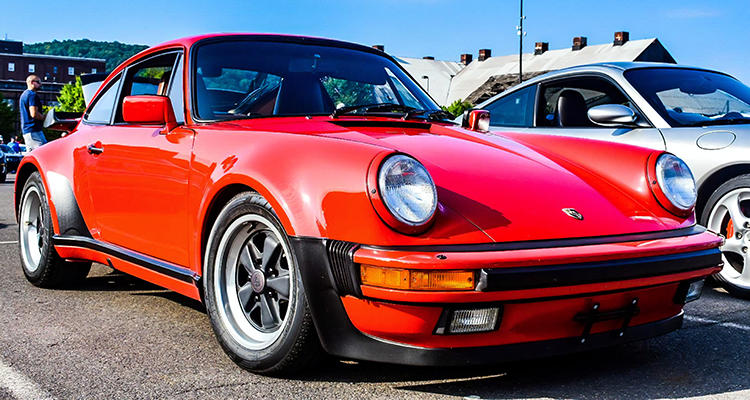
Chances are, those “bargain” classic 911s that you see for sale all have something wrong with them. The much safer bet would be to pay extra and buy the more expensive examples that have clearly been taken good care of over the decades by previous owners that truly loved the car. If you do decide to buy a riskier, cheaper example, make sure to take it to a specialist to get it inspected before you buy.
They’re not cheap, but classic 911s won’t punish your wallet too badly
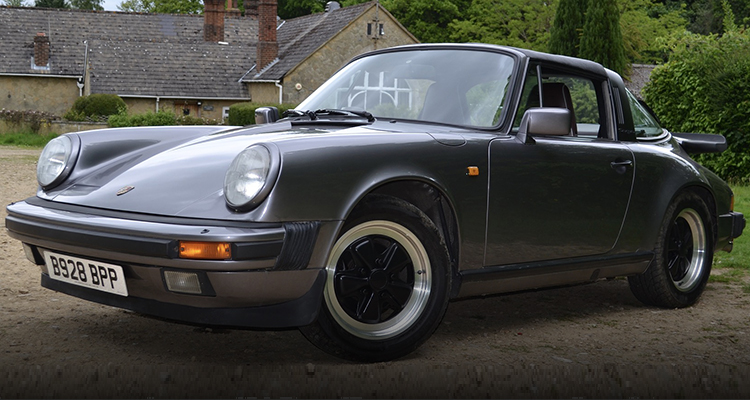
Anecdotes indicate that yearly maintenance costs, excluding odd work such as paint jobs or engine fixes, will likely sit between £1,000 and £3,000 per year when driven 2,000 – 4,000 miles a year. A major service should cost around £700 for a Porsche 911 and fuel will cost a fair amount as well thanks to fuel economy being around 15 mpg.
One or two grand doesn’t sound too bad at all at first, but this cost is excluding the money you’ll be spending on odd jobs. For example, turbochargers for a Porsche 993 (1994-98) cost £2000 each and a limited slip differential for a Porsche 930 (1975-77) will cost around £1100. These are the kinds of prices you can expect for specialist parts for your classic Porsche 911. Whether it’s a new turbocharger, replacing rusted bolts, bushings and bearings or a new lick of paint, costs will soon snowball into an amount that’s 5 figures long. Basically, unless you’ve bought a low mileage example which has been well cared for, you’ll need a large ‘emergency fund’ for your used Porsche.
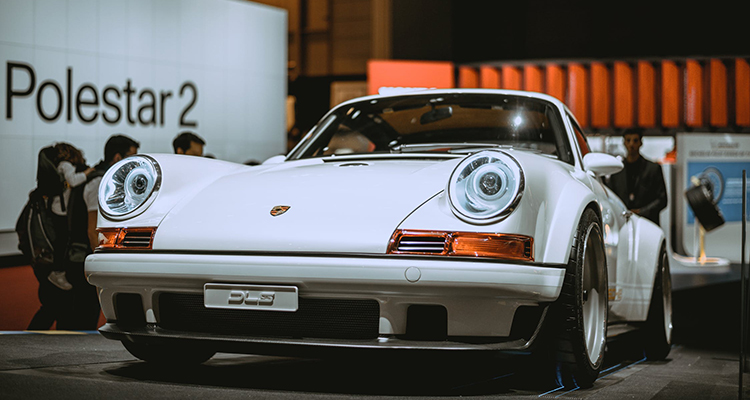
For as low as £15,000-£20,000 you can get your hands on a classic 911 with around 100,000 miles on the clock, however, these examples often need major repairs and work done to them within the first couple of years of ownership. This price range is the bottom end of the market, so expect costly faults.
Tax will be between £245 and £305 which isn’t too shocking and insurance obviously varies widely between individuals (but for the best price visit PBIS!) so it’s hard to give an estimate.
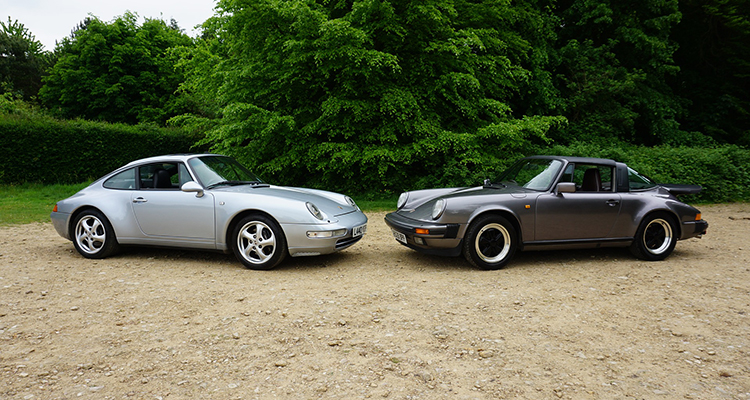
If you’re good with a wrench you’ll save a lot of money doing jobs yourself, but no matter how good you are at playing mechanic the parts themselves will always be relatively pricey. It is a classic luxury sports car after all! Our advice is to aim to buy a classic Porsche with less than 120,000 miles on the clock because although they’re fairly reliable for what they are, the engines aren’t bulletproof and come across serious problems at around 150,000 miles.
Don’t buy the cheapest 911 available and most importantly, have the car inspected by someone who knows their classics well, ideally by an expert in classic 911s.
For more articles like this, receive our weekly e-newsletter, including partner deals and all things motoring, register your email below.
Please note: You cannot subscribe to Smart-Motoring unless you put a tick in the checkbox below to indicate have read and agreed to our privacy policy.


